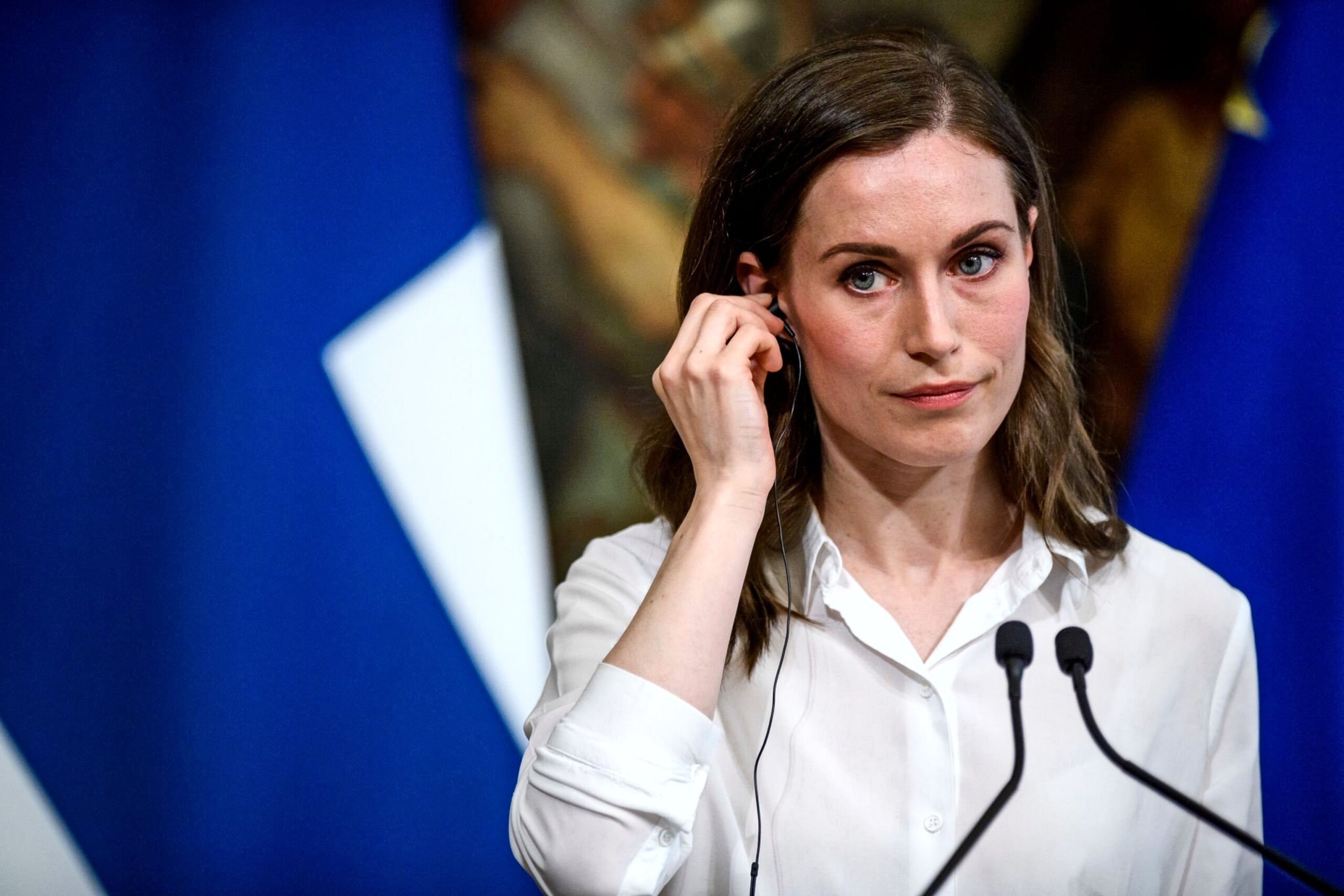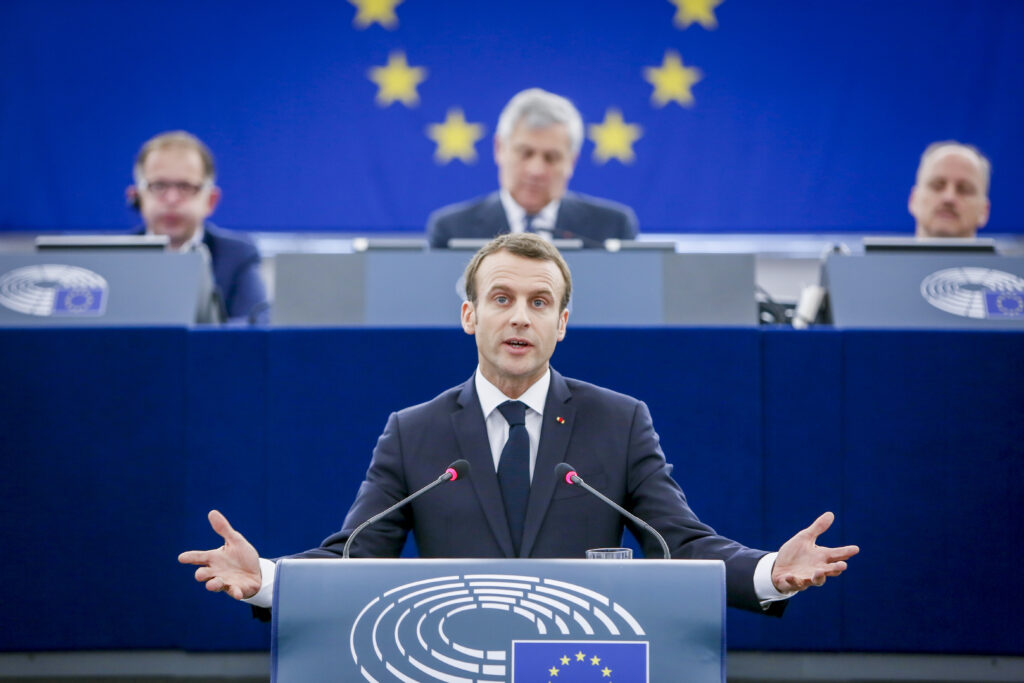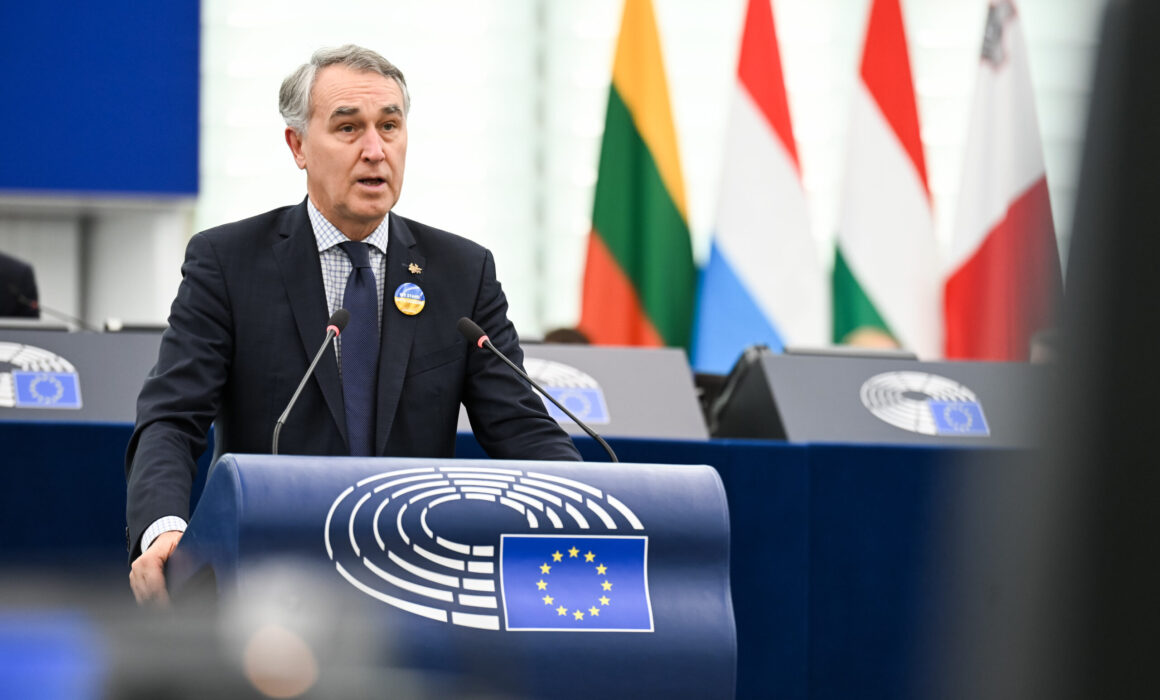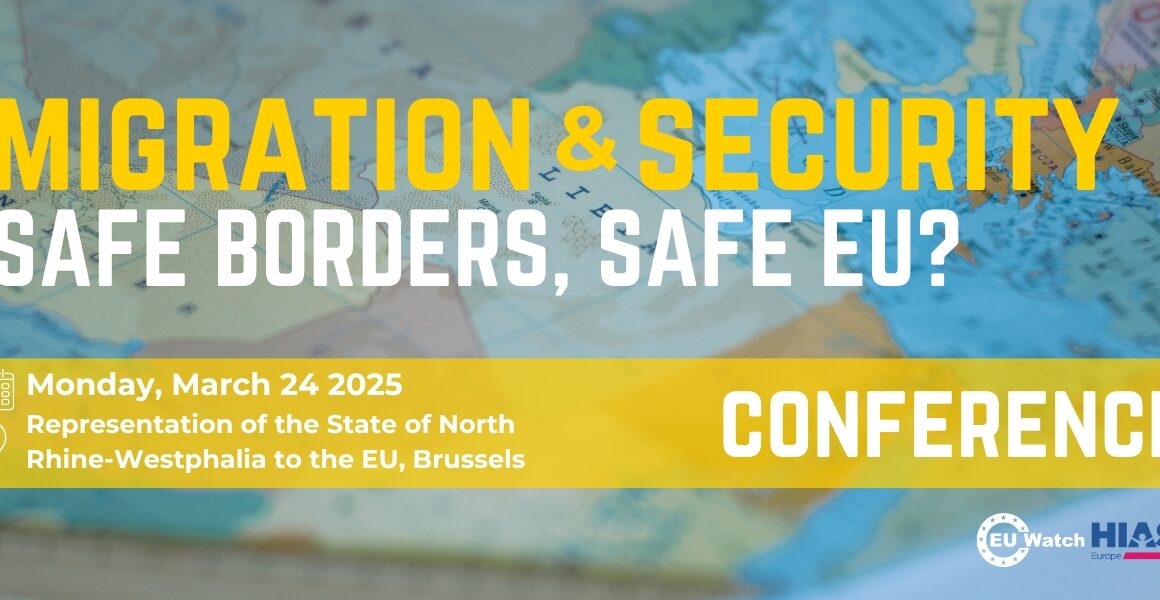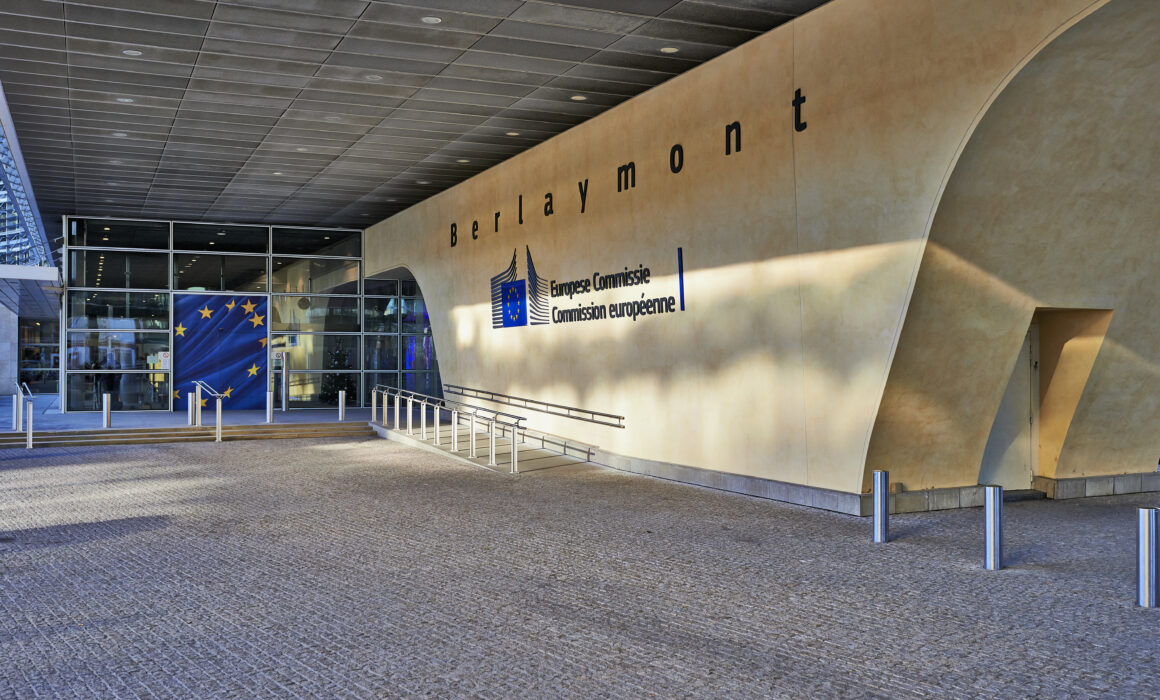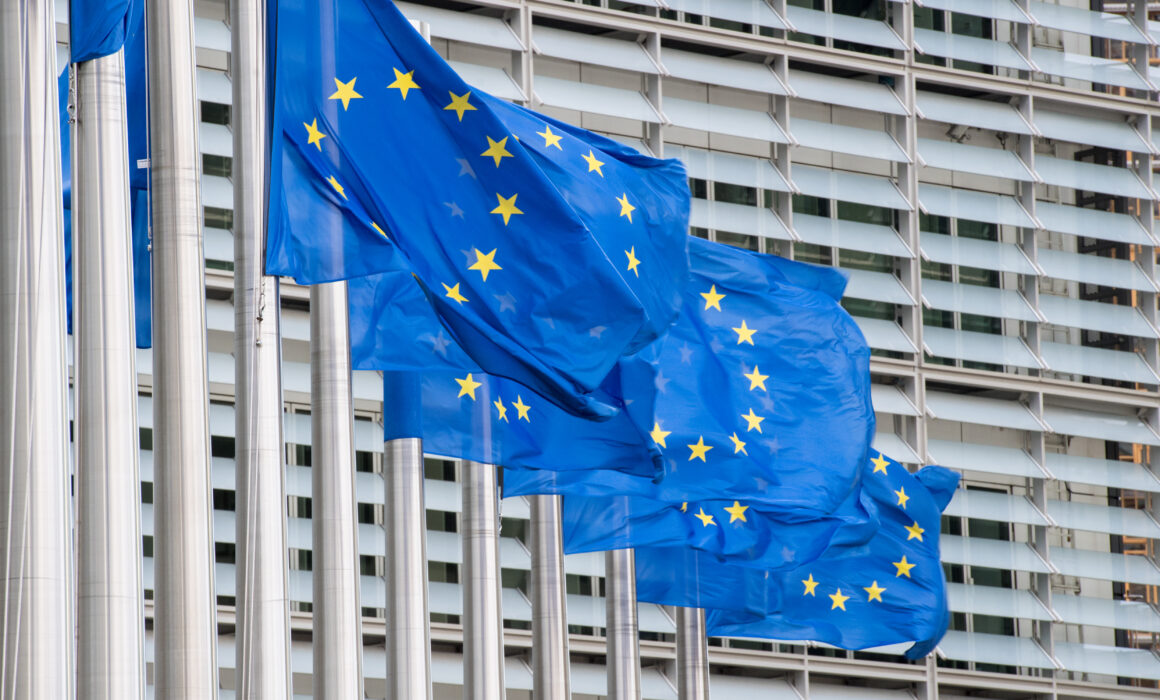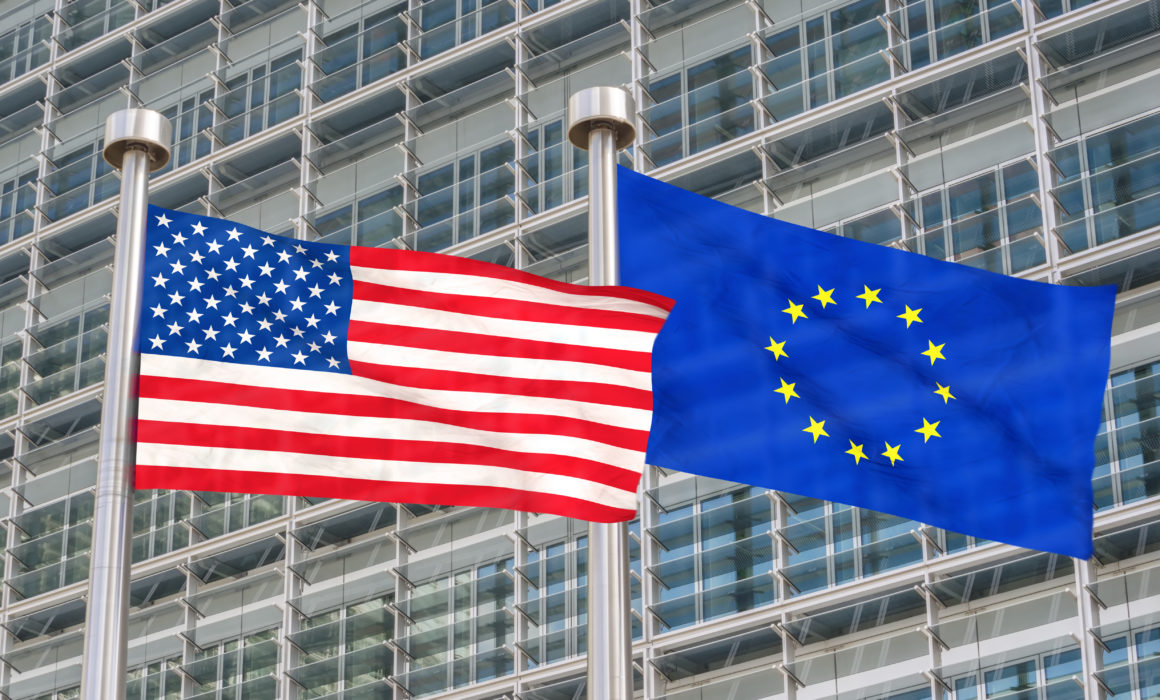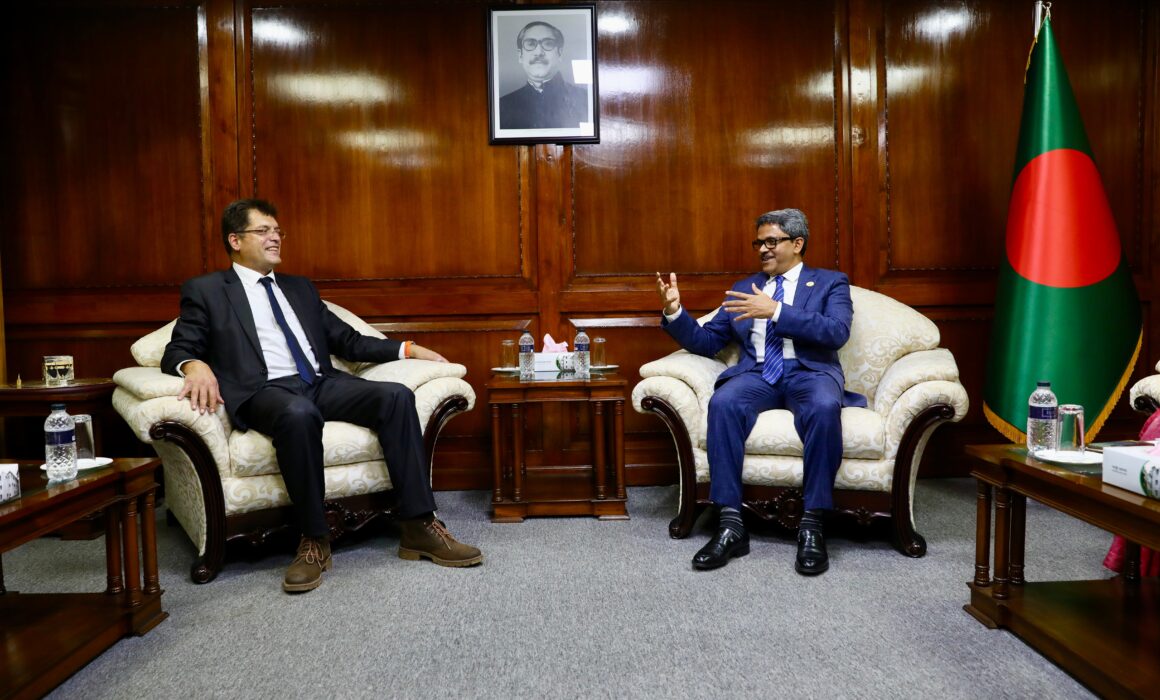Would QMV not undermine the fact that the EU needs to act as one on the international stage? Would it not appear weak and divided?
Two arguments are important: One, you cannot solve political problems by institutional means alone. The issue of unity cannot be solved by changing to qualified-majority voting. An EU that would constantly outvote several member states on foreign policy issues would be weak rather than strong to the outside world. For me, QMV would be a tool that should be used sparingly in areas where member states misuse or abuse their veto power, e.g. when they want to exert pressure or basically blackmail other member states on something completely unrelated. It would help in circumstances where you have one or two member states trying to veto an EU decision in order to extract something else from the others.
No QMV will get you unity. In most areas, even if there is qualified-majority voting, countries strive for consensus and a unified position. Everyone knows they could be on the losing side in majority-voting next time. The second point is, QMV changes the nature of the negotiations. If you have a veto system, countries that don’t agree with the majority position can say, “Okay offer me something”. Then the others have to buy them off, have to find a solution. With QMV, from the outset countries know that they have to find a coalition that is at least large enough to form a blocking minority – and thus directly enter into the consensus-building negotiations.

